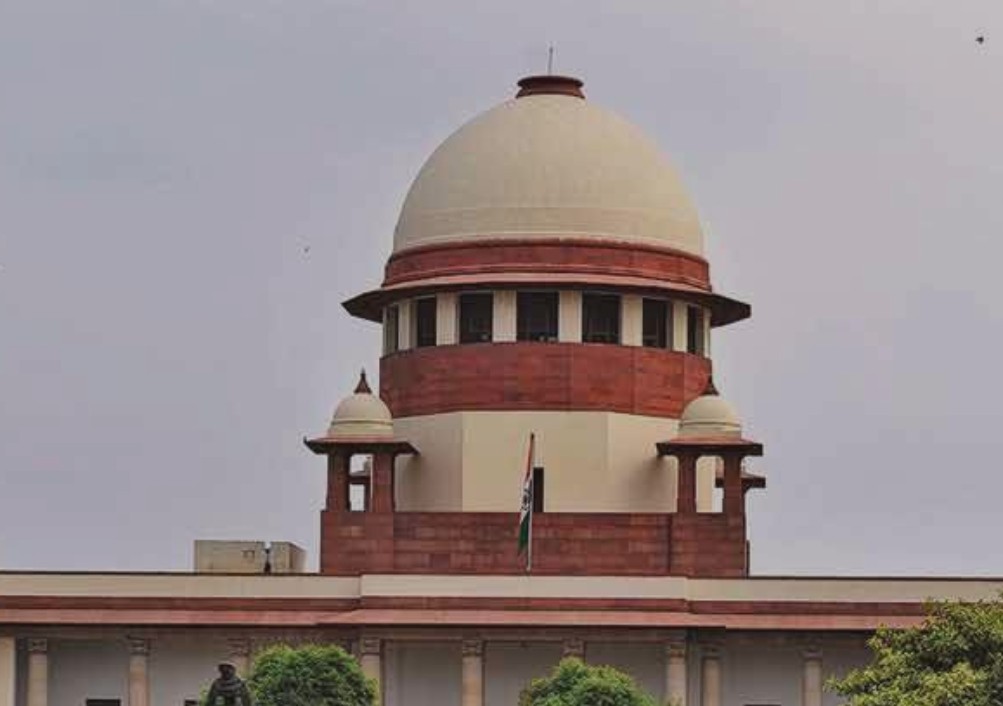Supreme Court to hear on September 1 pleas against Maratha quota

New Delhi, July 27: The Supreme Court on Monday listed for hearing on September 1 petitions challenging the legality of a Maharashtra State law providing reservation for the Maratha community in government jobs and education.
A Bench led by Justice L. Nageswara Rao refrained from passing any orders for stay on the implementation of the the Socially and Educationally Backward Classes (SEBC) Act providing 12-13% quota to Maratha community, saying the State had already issued a government order on May 4 that there would be no regular appointments made for the time being, The Hindu reported.
The court had in the last hearing posted the case for July 27 to hear arguments on merits. But lawyers involved in the case have been repeatedly highlighting the constraints posed by the virtual court system on effectively arguing a complex case.
The court on Monday decided to wait till September 1. The court refused to intervene in the post-graduate exams due on July 31, but said it would look into the undergraduate exams due on September 30.
The court, however, said it will hear on August 25 several applications filed to refer the challenge to Maratha reservation — which takes quota percentage in the State over the 50% mark declared by a nine-judge Bench of the Supreme Court in the Indira Sawhney case — to a numerically superior, possibly 11-judge Bench, of the top court.
The appeals have been filed by individuals from all walks of life and NGOs against a High Court decision upholding the Maratha law. They have argued that the decision is seriously erroneous as the State law has breached the 50% cap on reservation fixed by a Constitution Bench in the Indira Sawhney judgment.
In 2019, the top court had refused to stay the State law but directed the State of Maharashtra to refrain from implementing the quota with retrospective effect from 2014. This direction came after senior advocate Gopal Sankaranarayanan, for one of the petitioners, submitted that the Maharashtra government was using the quota law retrospectively from 2014 to fill up about 70,000 government vacant posts.
The appeals had argued that the reservation law was enacted under “political pressure” and in “full defiance” of the rule of law and equality. “Maharashtra government has made a mockery of the rule of law. It has also used its constitutional powers arbitrarily and purely for political gains,” they said.
“The High Court erred in concluding that the mere fact that other OBCs would have to share their reservation quotas with the Marathas (if the Marathas were simply included in the existing OBC category) constitutes an exceptional circumstance warranting a breach of the 50 per cent ceiling limit set by Indira Sawhney,” one of the appeals said.
They said the SEBC Act was “unconstitutional” for violating the Bombay High Court’s 2015 order without removing its basis, overstepping the constitutional limitations contained in the 102nd Amendment to the Constitution and for merely succumbing to political pressure, in complete violation of the constitutional principles of rule of law. According to the 102nd amendment to the Constitution, reservation can be granted only if a particular community is named in the list prepared by the President.
Sign up for our weekly newsletter to stay up to date on our product, events featured blog, special offer and all of the exciting things that take place here at Legitquest.




Add a Comment